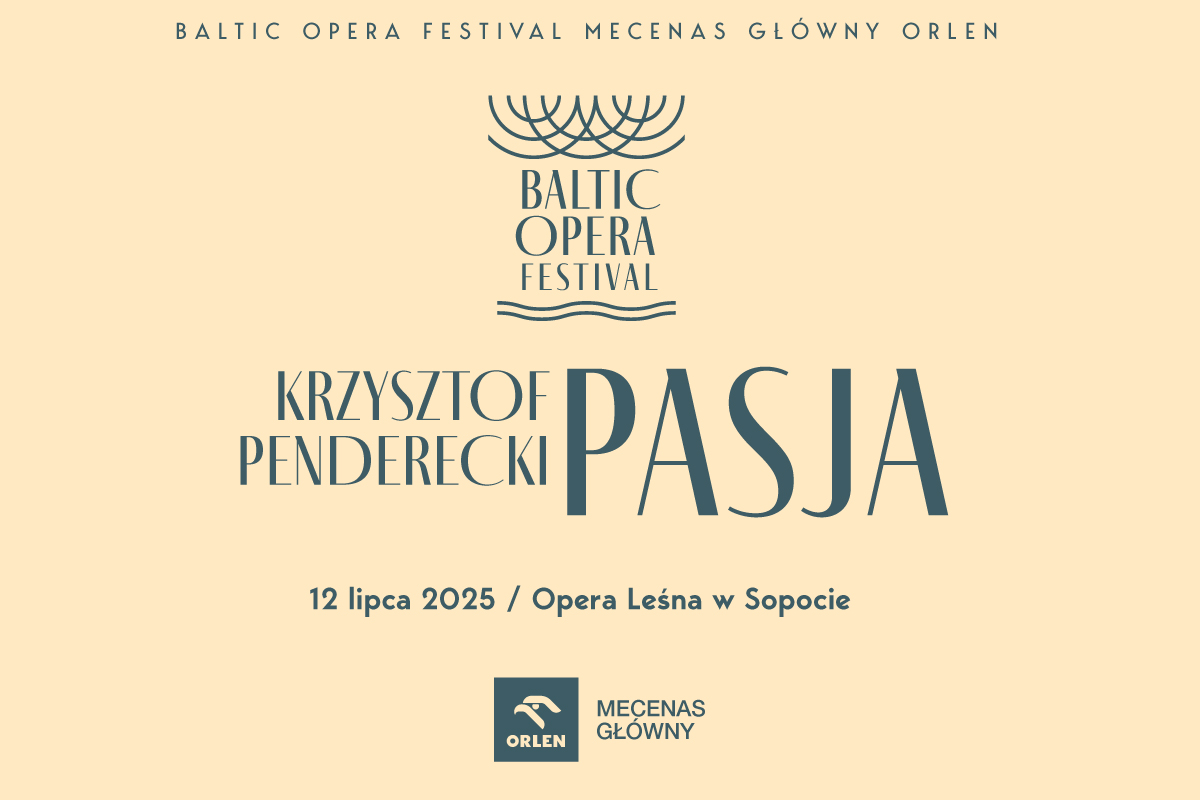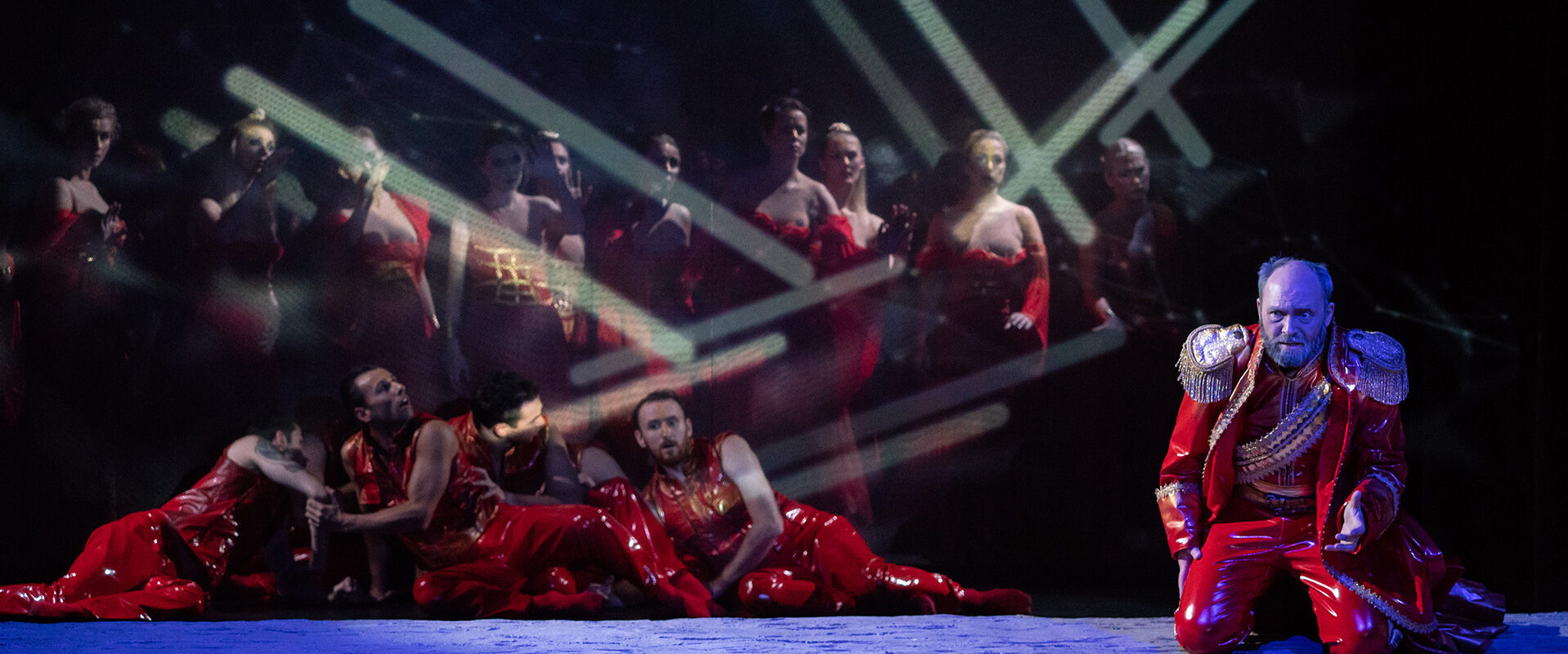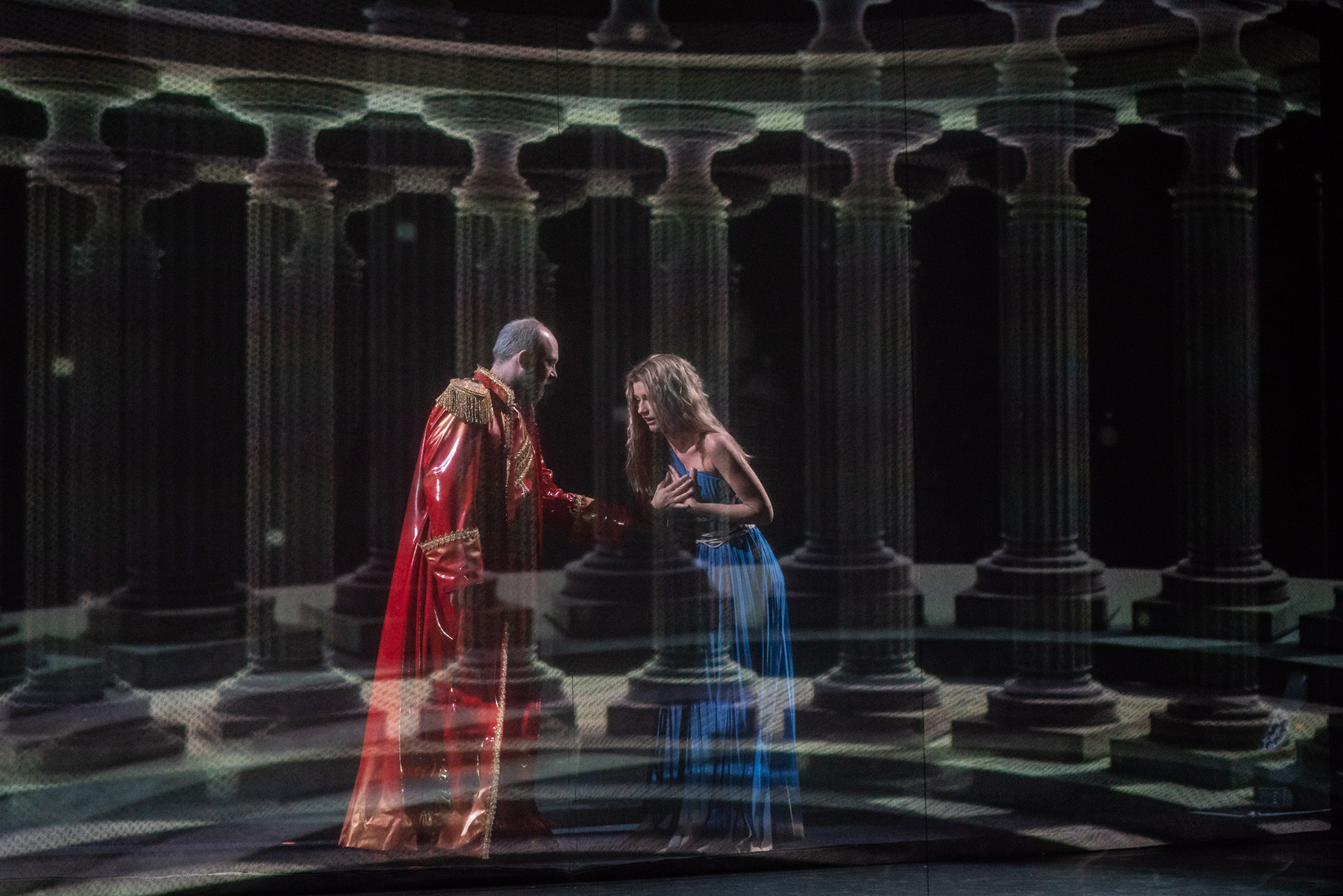 Tenor Aleksander Kunach: “Mozart was absolutely beyond my scope of interest”
Tenor Aleksander Kunach: “Mozart was absolutely beyond my scope of interest”
The busiest tenor of the 33rd Mozart Festival Aleksander Kunach talks to #PolishOperaNow about his approach to Mozart’s music, his favorite roles, and why he is ready to strip on stage.
During the Festival, we will see you in six different productions, including the title role in “Idomeneo”, Ferrando in “Così fan tutte”, Don Ottavio in “Don Giovanni”, Basilio in “The Marriage of Figaro”, Tamino in “The Magic Flute” and Belmonte in “The Abduction from the Seraglio.” Have Mozart’s roles not kept any secrets from you?
When I began my vocal training, my closest era of music was Baroque. I saw myself rather as a performer of oratorios by Bach or Handel. Although Mozart was then absolutely outside my area of interest, this greatest composer of Viennese classicism has been somehow assigned to me over time. My current repertoire includes roles from his major works: “The Abduction from the Seraglio”, “Così fan tutte”, “The Magic Flute” and “Don Giovanni”. And obviously “Idomeneo”. The meeting with this title character marked my first encounter with Michał Znaniecki, who staged the show at the Warszawska Opera Kameralna (Warsaw Chamber Opera). But saying Mozart has no secrets from me would be a bit of overstatement.
Why is that?
Each time I revisit “Idomeneo”, I rediscover the multidimensionality of this character. And every single time I can’t help but admire the musical innovation well ahead of its time. Idomeneo is a character to which I return with almost childlike excitement, particularly since the opera is not played very often. The only theatre in Poland to have it on its repertory is the Warsaw Chamber Opera.
Do you find any of the above roles particularly close to you?
It is a very difficult question. It is easier for me to say which one I like the least – Basilio in “The Marriage of Figaro.” I have a very intimate bond with each of the characters. I used to think that “The Clemency of Titus” was an absolute bore. I realized how brilliant and timeless Mozart’s Titus was when I sang in the Warsaw Chamber Opera’s production directed by Marek Weiss, or Maja Kleczewska’s staging at the Baltic Opera in Gdańsk. I also like the role I perform most frequently, Tamino from “The Magic Flute”.
How should Mozart be performed? In a traditional way, faithful to the libretto and music, or can it be brought up to date?
Some directors refrain from any interference at all. They stay faithful to the stage directions, since they believe opera should be visually beautiful in the same way its contemporaries saw it. I personally subscribe to a completely opposite view. Opera in Mozart’s time was understandable to people of that era. They grasped the allusions, read the hidden meanings. I believe that if we do not want the opera theater to become a historical museum, we must interpret it anew. The power of opera lies not only in visual images and words, but also with music which breaks language barriers and is a universal carrier of content and feelings. And the works of geniuses such as Mozart allow for an infinite number of interpretations.
The audience of the Festival will see scores staged by Michał Znaniecki, Marek Weiss, and Grzegorz Chrapkiewicz. Can you tell us what it was like working with them?
They are exquisite and very different from each other. It is hard to say what is most important in their productions. What makes them stand out is that they know exactly what they want to convey and how to achieve it. When I start working with one of them on a new show, my mind is at great peace. I know the work has been planned down to the smallest detail. I always receive comprehensive information – not only about the entire show, but above all about the particular role. I know who I am, what my psychological profile is, how my character develops. The most interesting thing is that even though everything is explained and described in detail, I still have space to create and develop the characters. To make them authentic, not just play and recreate someone else’s vision.
Were there any particularly complex performing challenges during these collaborations?
In one of my first productions with Mark Weiss – Stravinsky’s “The Libertine’s Life” – I had to take off my dressing gown and stand in the middle of the stage in my underwear. Even though actors are extroverts by nature, it was not a comfortable situation. But the scene was so emotionally charged the “striptease” became obvious.
Will you share your artistic dreams with us to conclude the conversation?
There are a lot of beautiful music scores I would like to sing. For example, I would love to appear in Tchaikovsky’s “Eugene Onegin”. So far, I have sung Lenski’s part only in concert performance. I also dream of returning to one of the first operas I sang at the Warsaw Chamber Opera – “The Barber of Seville”. Unfortunately, Rossini is not played much in Poland, and he is my second favorite composer, after Mozart.







